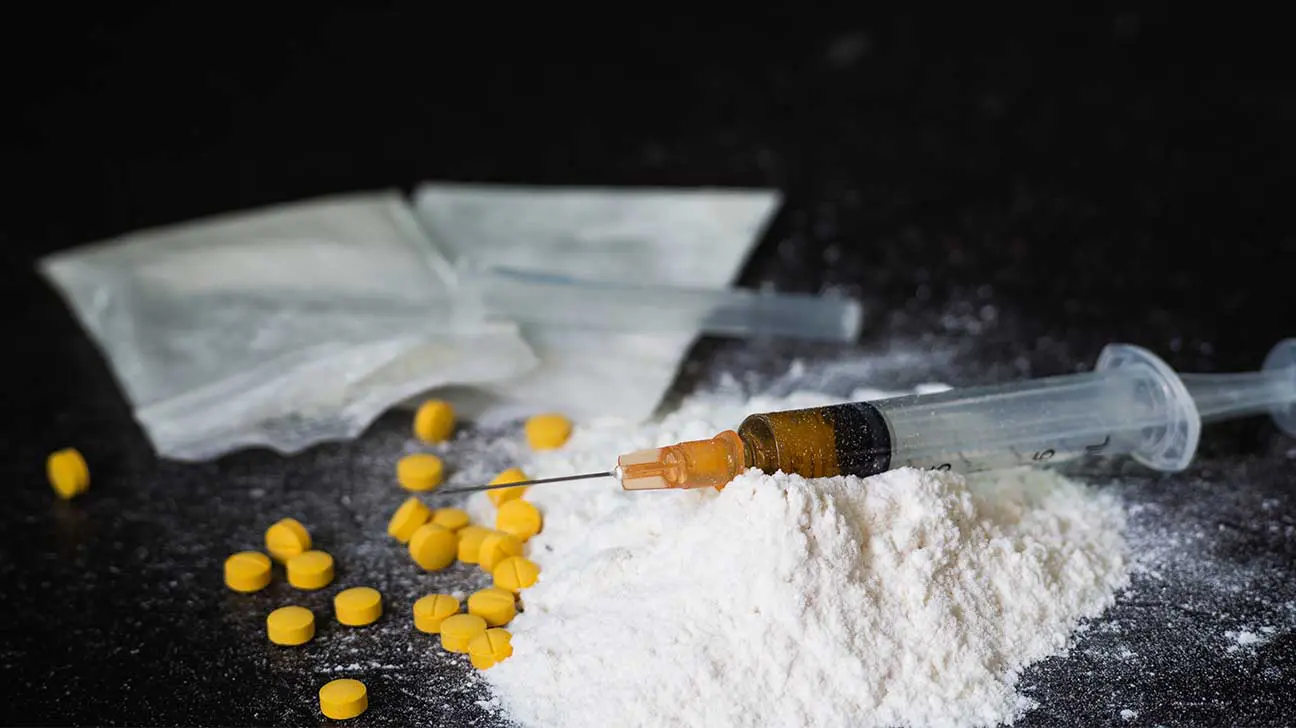
Ketamine is a medical anesthetic that provides some hallucinogenic effects. It is most often used as an anesthetic, but doctors also administer it as a treatment for depression.
As a Schedule III controlled substance, ketamine has a high potential for abuse. People who abuse ketamine report euphoria and dissociative hallucinations.
In some cases, people may resort to plugging as a method of ingestion.
Plugging Ketamine
Ketamine became a popular club drug because it gives a short psychedelic experience — between a half-hour and an hour — unlike PCP or LSD, which last much longer.
When abused through methods like plugging, the effects of ketamine can be felt intensely due to the drug’s increased bioavailability when taken in the rectum.
People who abuse ketamine by methods like snorting (intranasal insufflation) or plugging (rectal administration) increase their potential for strong negative reactions.
For example, when taken to excess, people can experience a “K-hole,” which gives the feeling of a near-death, inescapable trip of terrifying auditory and visual hallucinations.
Side Effects Of Plugging Ketamine
Ketamine is most effective through intramuscular intravenous injection since its effectiveness is not lessened by first-pass metabolism as it is with oral administration.
Methods like plugging ketamine solutions, and snorting or smoking powdered ketamine, are common administration routes for recreational ketamine use.
When people self-medicate with ketamine or adjust the dosage to get high, ketamine can result in unpredictable side effects that have an impact both physically and psychologically.
Common, expected effects from ketamine use include immobility, amnesia, and numbness.
Unpleasant side effects of plugging ketamine can include:
- dissociation
- elevated blood pressure
- decreased heart rate
- irregular heartbeat
- double vision
- seizures
- impaired motor function
- agitation
- anxiety
- slowed or stopped breathing
- nausea
- vomiting
- dizziness
- disorientation/confusion
- drowsiness
Adverse Physical Effects Of Plugging Drugs
Plugging drugs like ketamine often involves diluting liquid or powdered ketamine and inserting the liquid into the rectum with a needleless syringe, like an oral medicine dispenser.
However, this rectal drug delivery method can be risky without taking proper precautions like using lubrication and sterile applicators.
Ketamine, like other drugs that are abused by plugging, enters the bloodstream rapidly through the delicate tissues inside the rectum.
Dangers Of Plugging
Plugging leads to a more efficient drug intake, similar to injecting or snorting drugs. Still, plugging drugs is not a safe drug intake method.
Constant rectal drug abuse may cause uncomfortable symptoms like infections or an increased risk of sexually transmitted infections (STI) due to cuts and damaged rectal tissues.
Plugging is especially dangerous for people with pre-existing conditions like low blood platelets, persistent diarrhea, impaired circulatory blood flow, and anorectal diseases.
Long-Term Effects Of Ketamine Abuse
Extended periods of ketamine abuse can cause severe, irreversible physical and emotional impairments.
Ketamine impacts the heart, kidneys, and brain most notably, leading to side effects like:
- rapid heart rate
- respiratory distress
- frequent urination
- trouble urinating
- incontinence
- bladder ulcers causing cloudy or bloody urine
- depression/anxiety
- persistent amnesia
- ketamine cravings
- increased risk of sexual assault and abuse when unconscious
Risks Of Ketamine Overdose
While there have been reported overdose deaths from ketamine use, they rarely occur as a result of ketamine use alone. However, when it does occur effects can include stroke, seizure, and brain damage.
Overdose deaths typically occur when ketamine is used alongside central nervous system depressants or other hallucinogenic or stimulant drugs.
Ketamine is commonly used with drugs like marijuana or alongside other club drugs like MDMA, LSD, or PCP.
People who experiment with ketamine may also experiment with its use with opioids like fentanyl or hydrocodone, which can contribute to severe respiratory depression and death.
Symptoms Of Ketamine Withdrawal
When people stop using ketamine after prolonged intake in low doses or long-term binges it is generally recommended that they receive supportive care until the body has adjusted to the drug’s absence.
Some symptoms that may accompany ketamine withdrawals can include:
- nightmares
- chills
- severe cravings
- tremors
- sweating
- loss of appetite
- fatigue
- restlessness
- anxiety and depression
- flashbacks
- rapid or irregular heartbeat
While ketamine has previously been used to treat depression, suddenly stopping the drug can perpetuate worsened depression symptoms and lead to suicidal thoughts.
Find Drug Abuse Treatment Options Today
If you or a loved one are facing drug or alcohol addiction, you can find a range of inpatient and outpatient programs for your unique situation. Call us today to learn more about starting your recovery.
Addiction Resource aims to provide only the most current, accurate information in regards to addiction and addiction treatment, which means we only reference the most credible sources available.
These include peer-reviewed journals, government entities and academic institutions, and leaders in addiction healthcare and advocacy. Learn more about how we safeguard our content by viewing our editorial policy.
- Medscape — Ketamine
https://reference.medscape.com/drug/ketalar-ketamine-343099 - National Institutes of Health — Drug Information Portal: Ketamine
https://druginfo.nlm.nih.gov/drugportal/rn/6740-88-1 - U.S. Drug Enforcement Agency — Get Smart About Drugs: Ketamine
https://www.getsmartaboutdrugs.gov/drugs/ketamine


